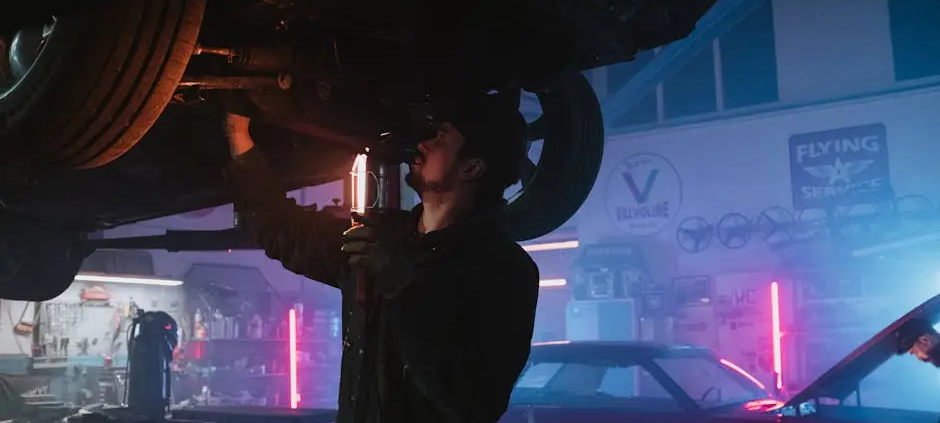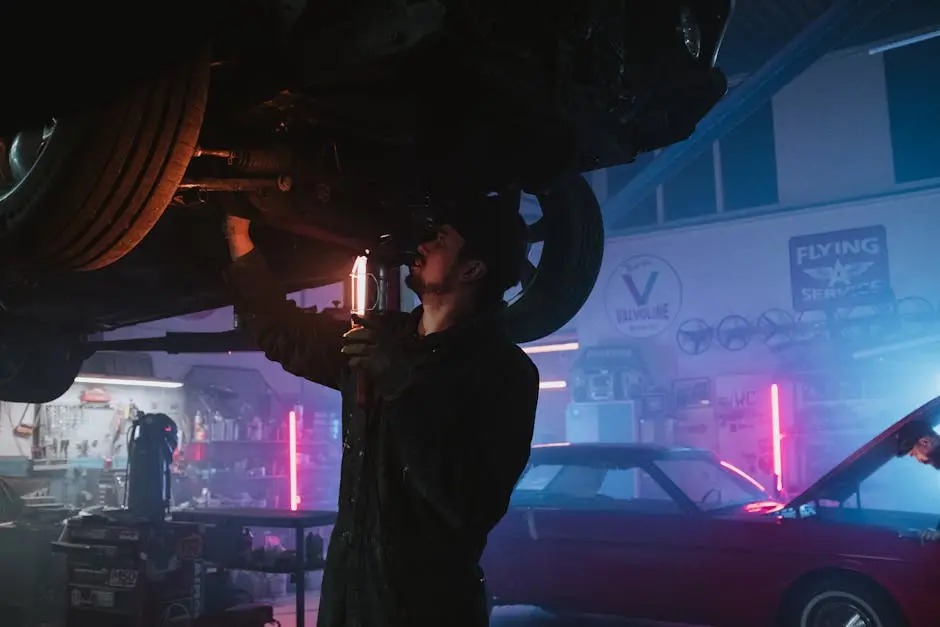Common Myths About EV Collision Repair Debunked
As electric vehicles (EVs) continue to gain popularity, so do the misconceptions surrounding their repair. Many drivers are unsure about what to expect when it comes to maintaining and repairing their electric cars after a collision. In this blog, we aim to debunk some of the most common myths about EV collision repair, helping you understand the facts and feel more confident in the care of your vehicle.
Myth 1: EVs Are Too Expensive to Repair
One of the most common myths is that repairing an electric vehicle is prohibitively expensive. While upfront costs can be higher, many repairs are more straightforward, and the long-term savings on maintenance can offset initial expenses. In fact, EVs typically have fewer moving parts compared to traditional gas vehicles, which can mean less wear and tear over time.
Moreover, many EV manufacturers are investing in developing their repair networks, leading to more competitive pricing. For instance, specific parts can often be more affordable than their gas counterparts. Understanding the mechanics of electric vehicles can alleviate fears surrounding repair costs.
Furthermore, many EV owners report savings in general upkeep and fuel costs. Therefore, a slightly higher repair bill may be a worthy trade-off, especially considering the environmental benefits of driving an EV. This perspective highlights the value of looking at the bigger picture regarding the overall investment in your vehicle.
Myth 2: All Repair Shops Can Handle EVs
Not all repair shops are equipped to handle electric vehicles. Special training and equipment are necessary to work on EVs safely. It’s crucial to find a certified EV repair specialist. They understand the unique challenges and technologies of electric vehicles, which is essential for ensuring that repairs are conducted safely and effectively.
In many cases, traditional mechanics may not have the background needed to deal with high-voltage systems found in EVs. This can lead to the risk of improper repairs or, worse, hazards such as electrical fires. Seeking out a shop that specializes in EVs will give you peace of mind. Remember, it’s better to be safe than sorry!
Additionally, certified EV repair facilities often have access to the latest technology. They can efficiently diagnose issues and provide solutions tailored to EV systems. Ensuring that you choose the right repair shop not only impacts the quality of the repairs but also the longevity of your EV.
Myth 3: EV Batteries Are Irreplaceable After a Collision
Many believe that if an EV battery is damaged, the entire vehicle is a total loss. However, batteries can often be repaired or refurbished, allowing for a more economical solution post-collision. It’s important to understand that EV batteries are still some of the most resilient components in the vehicle.
In cases of minor damage, specialized services can restore the battery’s functionality without the need for a full replacement. This not only saves money but also contributes to sustainable practices by reducing waste. A trained technician can assess the battery more accurately and recommend the best course of action.
Moreover, replacing a battery is not as daunting as it might seem. Many manufacturers offer robust recycling programs that ensure the parts are handled responsibly. Therefore, instead of dismissing your EV as a total loss due to battery issues, consult a professional who can explore all options available.
Myth 4: Repair Times for EVs Are Much Longer
While it’s true that some components may take longer to source, most repairs for EVs can be completed in a similar timeframe to traditional vehicles, especially as technology continues to improve. Manufacturers have made significant strides in streamlining the repair process, which means that waiting times are often comparable.
In fact, many EVs are designed with modular components, making replacements and repairs easier than with older models. Repair specialists are being trained constantly in the latest methods and tools, which can speed up the overall service time. This evolution signifies a change in the mindset towards EV services.
Also, more repair shops are prioritizing EV services, thus ensuring that they have the parts and knowledge to reduce downtime. Customers are often surprised to find that their EV can be back on the road sooner than expected, allowing for a smoother experience after an incident.
Myth 5: Insurance Policies Cover EV Repairs Differently
Another prevalent myth is that insurance for EVs works differently when it comes to collision repair. In reality, your policy should cover your vehicle similarly to gas-powered vehicles, pending your specific coverage options. When it comes down to it, auto insurance is about the vehicle’s value and your coverage plan.
Many insurance companies have begun to standardize their policies for electric vehicles, recognizing their growing prominence on the road. This standardization means that, in most cases, repairs for EVs will not come with different clauses or exemptions unless specifically stated in the policy.
It’s wise, however, to have a candid conversation with your insurance agent about your coverage details. Being informed about what your policy entails can help you navigate the process more effortlessly after a collision, ensuring you’re well-prepared for any potential repairs that lie ahead.
Final Thoughts on EV Collision Repair Myths
Understanding the truths behind EV collision repair can help both new and experienced EV owners make informed decisions when it comes to their vehicles. By debunking these myths, we pave the way for more knowledgeable consumers and ensure that electric vehicles receive the proper care they deserve after an accident. Remember, whether it’s through education or choosing the right repair service, your EV’s longevity and performance are in your hands.





Leave a Reply
Want to join the discussion?Feel free to contribute!